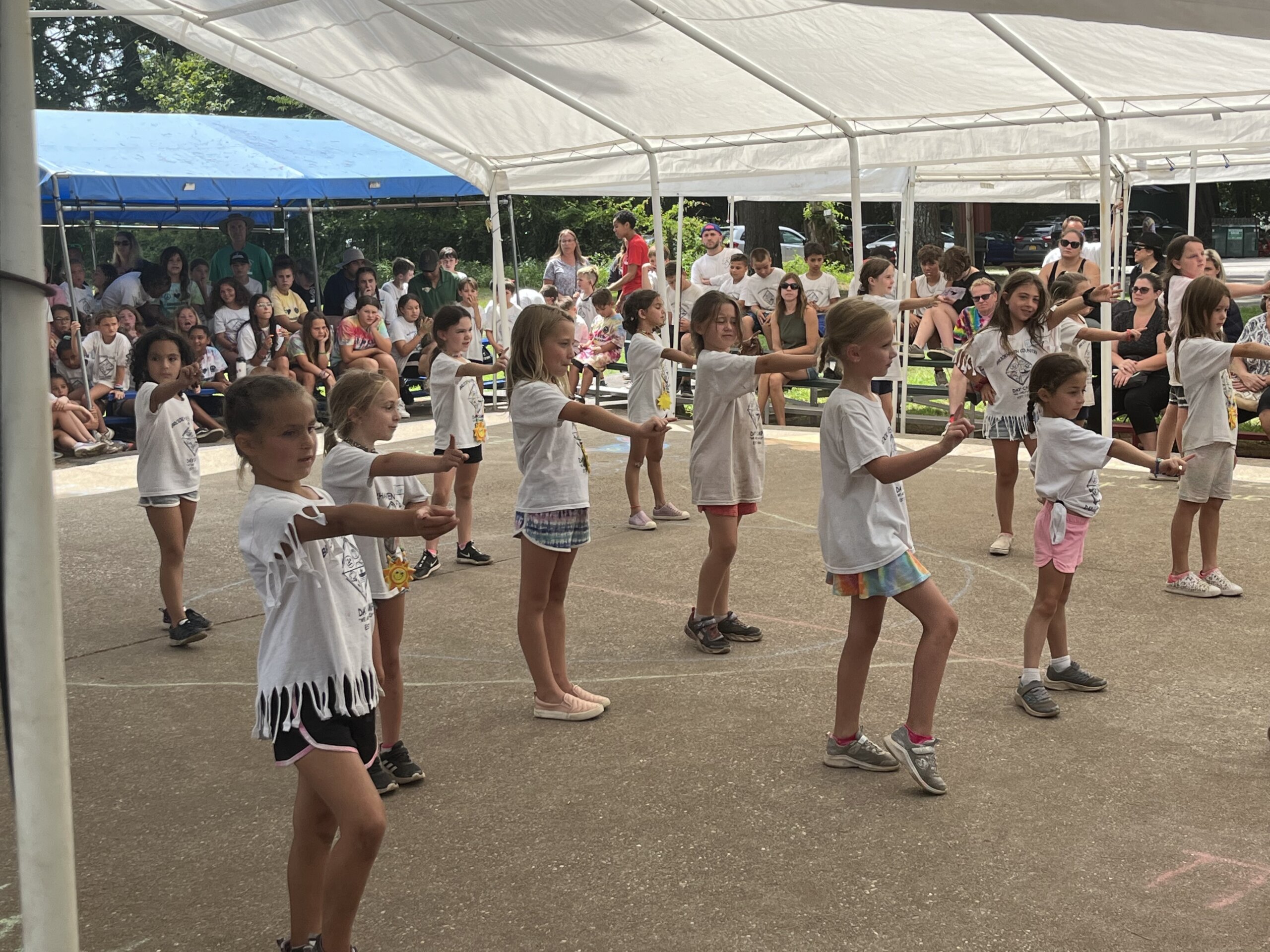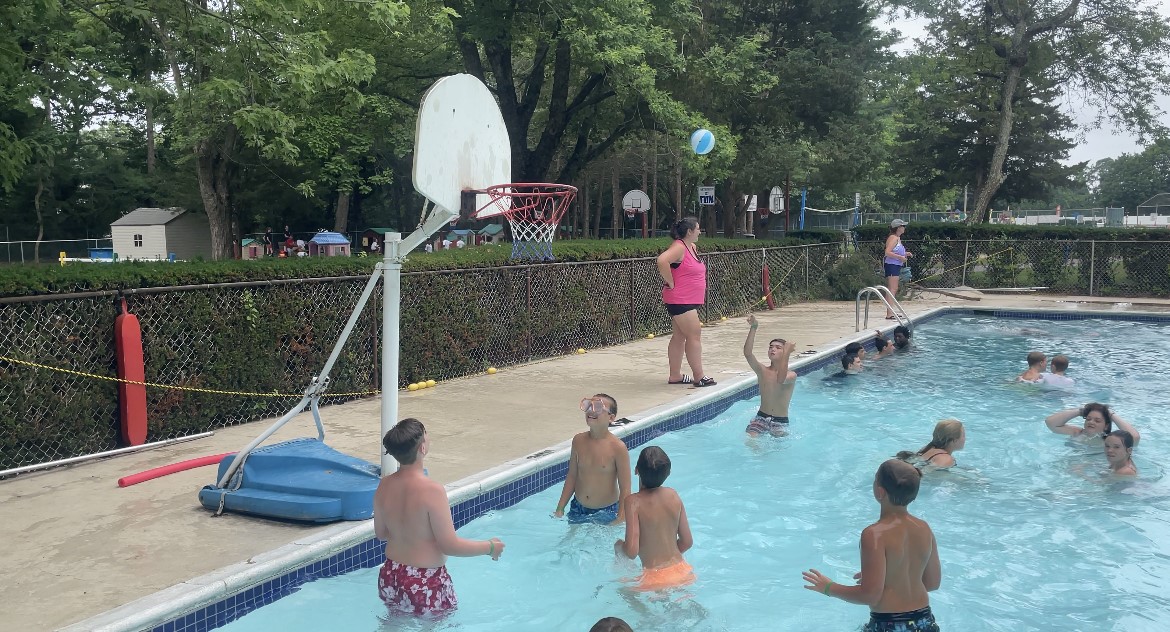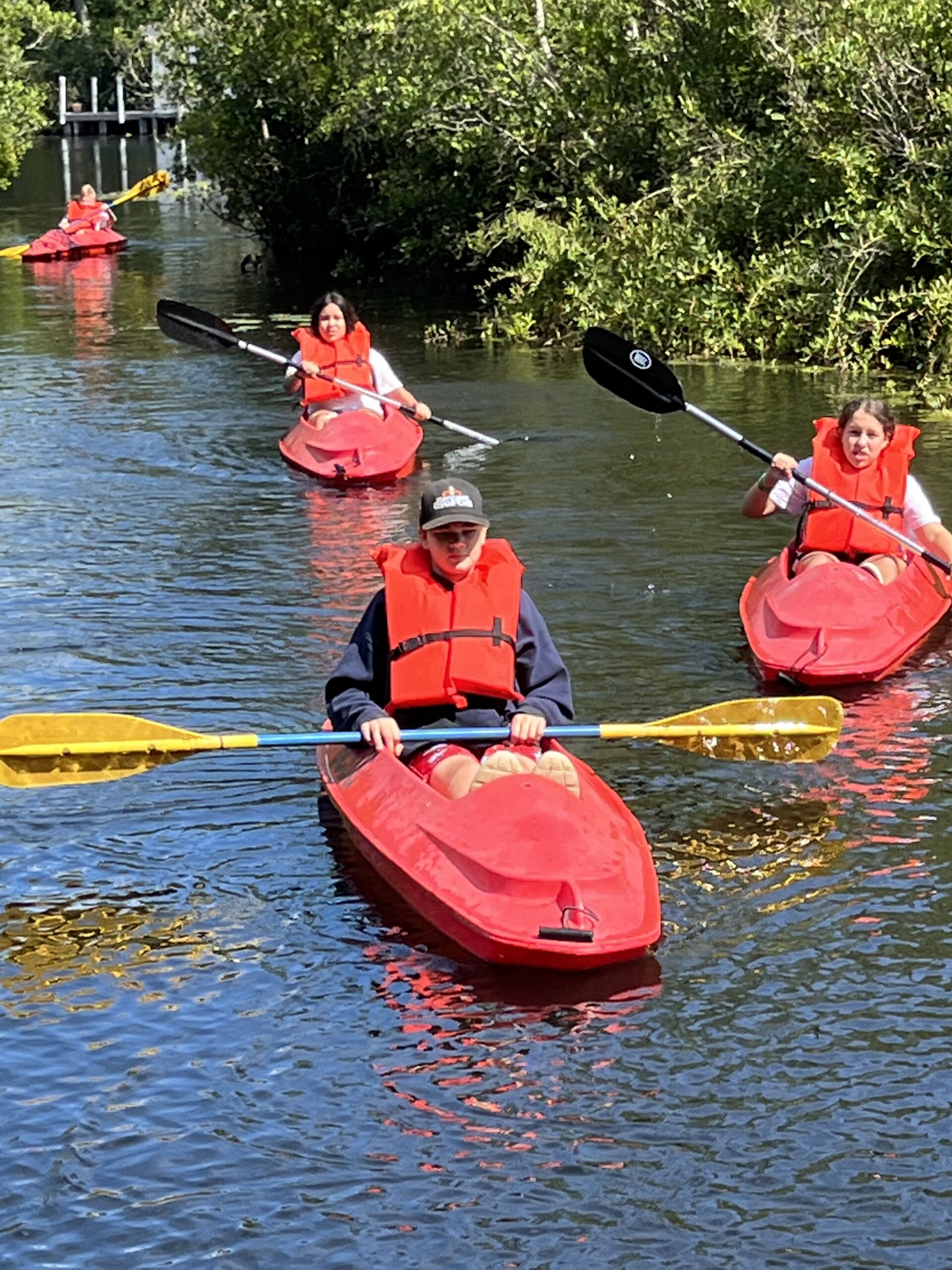Day Camp: Saving One Child at a Time

As the old man walked along the beach at dawn, he noticed a boy ahead of him picking up starfish and flinging them into the sea. Finally catching up to the boy, he asked him why he was doing this. The answer was that the stranded starfish would die if left until the morning sun.
“But the beach goes on for miles, and there are millions of starfish,” said the old man. “How can your effort make any difference?”
The boy looked at the starfish in his hand, then threw it to the safety of the waves. “It makes a difference to this one,” he said.
Can we help save the children of the world? Yes, one child at a time. And day camps focus on just that — treating each camper as an individual who needs a safe place to learn and grow and discover his or her own strengths.
But doesn’t school do that? Not really, according to the Center for Early Adolescence at the University of North Carolina.

Their research shows that camp is successful at meeting all seven developmental needs of adolescence, while the average school is good at meeting only two or three of the following seven:
1) Structure and clear limits
2) Physical activity
3) Creative expression
4) Competence and achievement
5) Meaningful participation
6) Self-definition
7) Positive social interactions with peers and adults
They conclude that parents send their children to camp for self-development and outdoor experience, as well as for fun.

In day camp, campers discover theater, the arts, athletics and even biology and the beauty of science and nature. There are no grades at camp, no ranking, no requirements other than that campers become part of wonderful learning experiences and have time to play.
Day camp becomes a time to learn; school a time to perform. Education author Herbert Kohl states that camp provides a rest from high-stakes testing, pressure to conform to standards and norms that even the politicians and educators are unsure about, and from suppression of the imagination and the creative, questioning, inquiring minds of children.
He further states that children need time off from performance, and instead need time to learn and play and explore and be young and not be judged all the time. He concludes that schools these days are thieves of childhood.
Michael Eisner, CEO of Disney, says that he loved camp because reality always beats virtual reality.
“Our kids have incredible toys at their command that allow them to experience everything but the real thing. I have nothing against most of these toys. My company makes lots of them. But, at the end of the day, reality is what kids prefer.”
Eisner states that camp makes memories, and that the real magic is in life lessons that, once learned, become ingrained and relevant every day of one’s life long after he or she takes the last sad bus ride home.
A Chinese proverb states that the longest journey begins with a single step. Saving the world’s children begins with a single child.
For more information on day camping, contact Brookhaven Country Day Camp at 631-924-4033.



